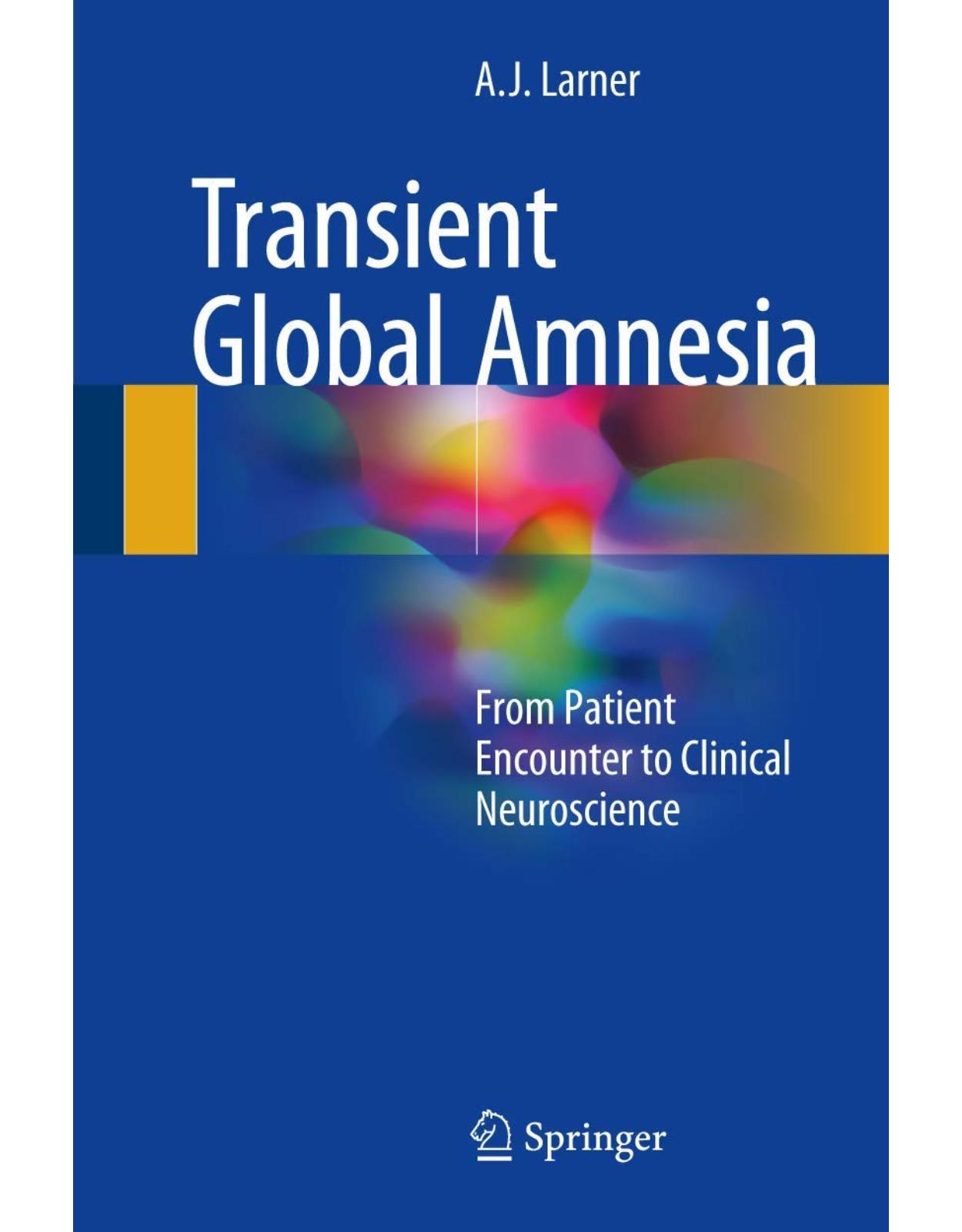
Transient Global Amnesia
Livrare gratis la comenzi peste 500 RON. Pentru celelalte comenzi livrarea este 20 RON.
Description:
This brief, accessible book covers all aspects of transient global amnesia (TGA). First, it deals with the history of TGA before moving on to clinical and diagnostic features, and differential diagnosis. The investigation and management of TGA is then discussed, followed by treatment and prognosis. Each of the chapters is devoted to a practical and structured overview of the particular topic, with use of case studies to illustrate the material. Based in part on the author’s experience of TGA cases over 15 years and in part on a review of the published literature, this book will hopefully enlighten clinicians from a broad range of medical backgrounds on the clinical features, investigation, and pathogenesis of TGA. Transient Global Amnesia is aimed at any clinician with an interest in, or who encounters patients with, acute amnesia: neurologists, general physicians, old age psychiatrists, geriatricians, clinical neuropsychologists, and primary care physicians, as well as other professions allied to medicine with similar interests, such as members of memory assessment teams.
Table of Contents:
Chapter 1: History of TGA
1.1 Beginnings: Fisher and Adams’ First Accounts of TGA
1.2 “Prehistory” of TGA
1.3 After Fisher and Adams
1.4 A Note on Nomenclature
1.5 A Note on Methodology
1.6 Summary and Recommendations
References
Chapter 2: Clinical Features, Diagnostic Criteria, and Possible Variants of TGA
2.1 Clinical Features of TGA
2.1.1 TGA Archetype
2.1.2 Accompanying Neurological Symptoms
2.1.3 Time of Onset: Diurnal
2.1.4 Attack Duration
2.1.5 Prognosis, Recurrence
2.2 Diagnostic Criteria of TGA
2.2.1 Essential Features and Inclusion/Exclusion Boundaries
2.2.2 Hodges and Warlow’s Diagnostic Criteria
2.2.3 TGA Subtypes?
2.3 Possible Variant Forms of TGA
2.3.1 Transient Topographical Amnesia (TTA)
2.3.2 Transient Partial Verbal Amnesia (TPVA)
2.3.3 Transient Semantic Amnesia
2.3.4 Transient Procedural Amnesia
2.3.5 Transient Retrograde Amnesia
2.4 Summary and Recommendations
References
Chapter 3: Differential Diagnosis of TGA
3.1 Transient Ischaemic Attack (TIA)
3.1.1 Other Forms of Cerebrovascular Disease
3.1.2 Other Vascular Pathologies, Including Angiography
3.1.3 Cardiac Disorders
3.2 Transient Epileptic Amnesia (TEA)
3.2.1 Interrelation of TGA and TEA?
3.3 Transient Psychological Amnesia (TPA)
3.4 Other Symptomatic Causes of Transient Amnesia
3.4.1 Migraine
3.4.2 Adverse Drug Effect
3.4.3 Hypoglycaemia
3.4.4 Traumatic Brain (Closed Head) Injury
3.4.5 Alcohol-Induced Amnesia; Korsakoff’s Syndrome
3.4.6 Fatigue Amnesia
3.5 Other Causes of Acute Cerebral Disorder
3.5.1 Acute Confusional State/Delirium/Toxic-Metabolic Encephalopathy
3.5.2 Cerebral Haemorrhage
3.5.3 Acute Brain Infection (Encephalitis)
3.6 Summary and Recommendations
References
Chapter 4: Investigation and Management of TGA
4.1 Neuropsychology
4.1.1 Neuropsychological Deficits During TGA: Memory
4.1.1.1 “Working Memory”
4.1.1.2 Anterograde Memory
4.1.1.3 Retrograde Memory
4.1.1.4 Semantic Memory
4.1.1.5 Implicit Memory
4.1.1.6 Spatial Memory
4.1.2 Neuropsychological Deficits During TGA: Other Non-memory, Cognitive Domains
4.1.2.1 Language
4.1.2.2 Visuoperceptual, Visuospatial Skills
4.1.2.3 Executive Function
4.1.3 Neuropsychological Deficits After TGA
4.2 Neuroimaging: Structural and Functional
4.2.1 Structural Neuroimaging
4.2.1.1 Computed Tomography (CT)
4.2.1.2 Magnetic Resonance (MR) Imaging
4.2.2 Functional Neuroimaging
4.2.2.1 Single Photon Emission Computed Tomography (SPECT)
4.2.2.2 Positron Emission Tomography (PET)
4.2.2.3 Functional MRI (fMRI)
4.2.2.4 MR Spectroscopy (MRS)
4.3 Neurophysiology
4.3.1 Electroencephalography (EEG)
4.3.2 EEG During TGA
4.3.3 Magnetoencephalography (MEG)
4.3.4 Transcranial Magnetic Stimulation (TMS)
4.4 Other Investigations
4.4.1 Blood Tests
4.4.2 Cerebrospinal Fluid (CSF)
4.4.3 Sonography
4.4.3.1 Arterial
4.4.3.2 Venous: Internal Jugular Vein Valve Incompetence
4.5 Management
4.5.1 Driving
4.6 Summary and Recommendations
References
Chapter 5: Prognosis of TGA
5.1 Recovery and Persisting Cognitive Deficit
5.2 Recurrence
5.2.1 Annual Recurrence Rate
5.2.2 Recurrent TGA
5.3 Future Risk
5.3.1 Cognitive Decline: Dementia and Mild Cognitive Impairment (MCI)
5.3.2 Stroke
5.3.3 Epilepsy
5.4 Summary and Recommendations
References
Chapter 6: Epidemiology of TGA
6.1 Incidence
6.2 Time of Onset: Seasonal
6.3 Place of Onset: Geographical Distribution
6.4 Possible Precipitating Factors
6.4.1 Emotional Stress
6.4.2 Physical Effort
6.4.3 Water Contact or Temperature Change
6.4.4 Sexual Activity
6.4.5 Pain
6.4.6 Medical Procedures and Therapies
6.4.7 Other Possible Precipitating Factors
6.5 Possible Predisposing Factors
6.5.1 Patient Age
6.5.2 Patient Gender
6.5.3 Patient Ethnicity
6.5.4 Patient Social Class
6.5.5 Family History of TGA
6.5.6 Migraine
6.5.7 Patient Personality Traits and Psychological Factors
6.5.8 Vascular Risk Factors and Stroke
6.5.9 Structural Brain Lesions, Including Brain Tumours
6.5.10 Brain Infections
6.6 Summary and Recommendations
References
Chapter 7: Aetiopathogenesis of TGA
7.1 Cerebrovascular Changes
7.1.1 Arterial
7.1.2 Venous
7.2 Epilepsy
7.3 Migraine
7.4 Genetics
7.5 Psychiatry
7.6 Formulation (Speculation? Towards a Hypothesis?)
7.7 The Future?
7.8 Summary
References
Index
| An aparitie | 2017 |
| Autor | Larner |
| Dimensiuni | 16.28 x 1.47 x 24.38 cm |
| Editura | Springer |
| Format | Hardcover |
| ISBN | 9783319544748 |
| Limba | Engleza |
| Nr pag | 149 |

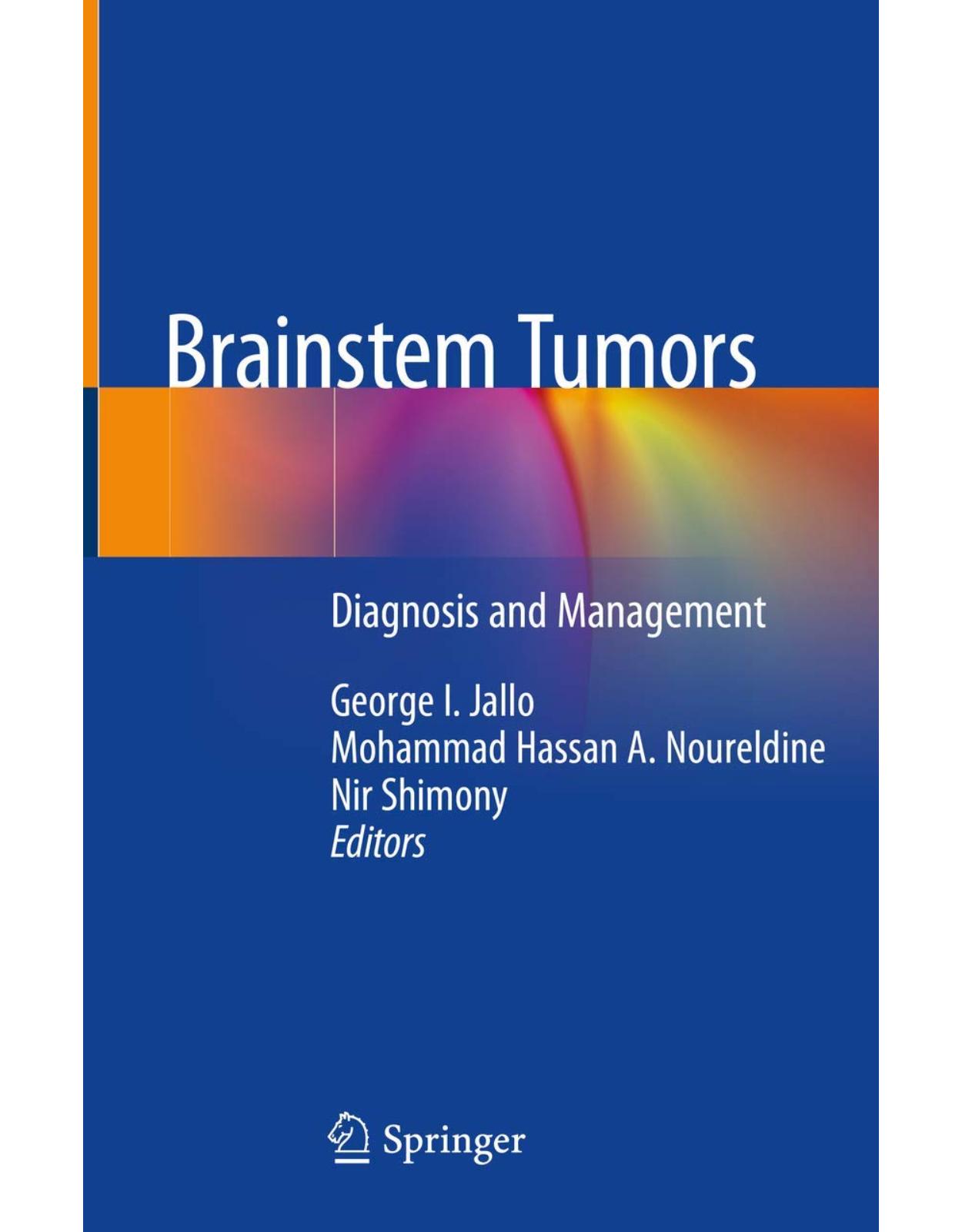
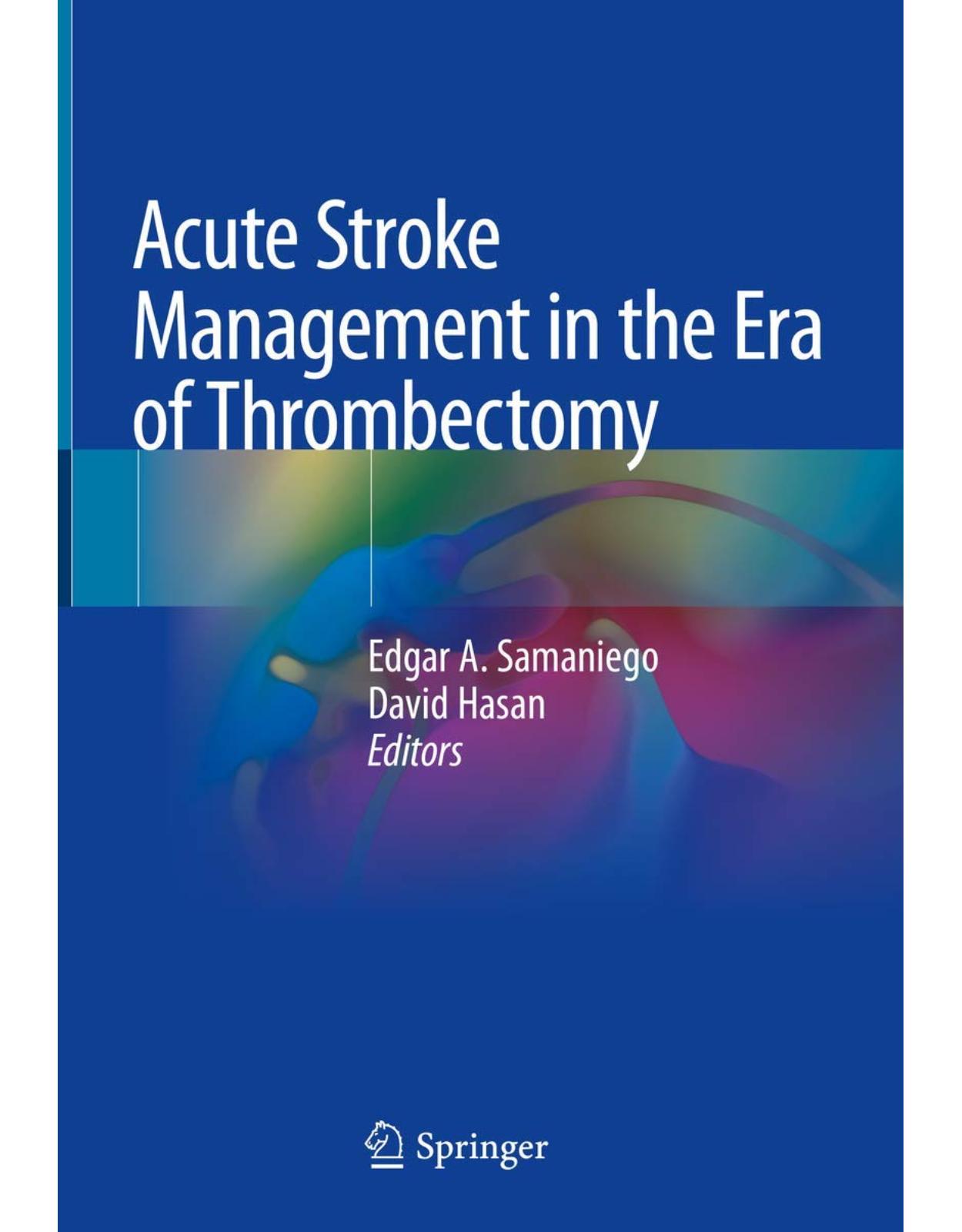
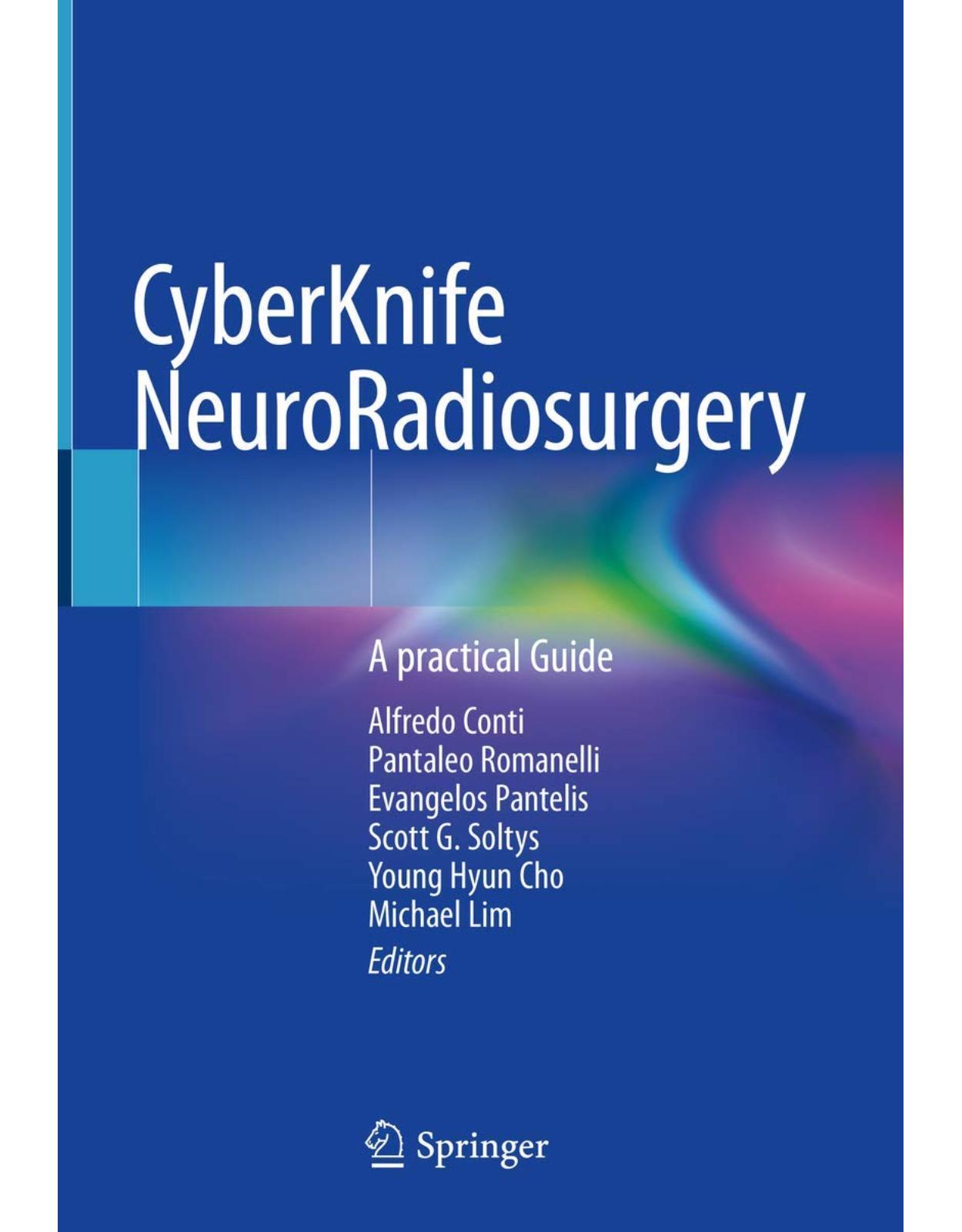
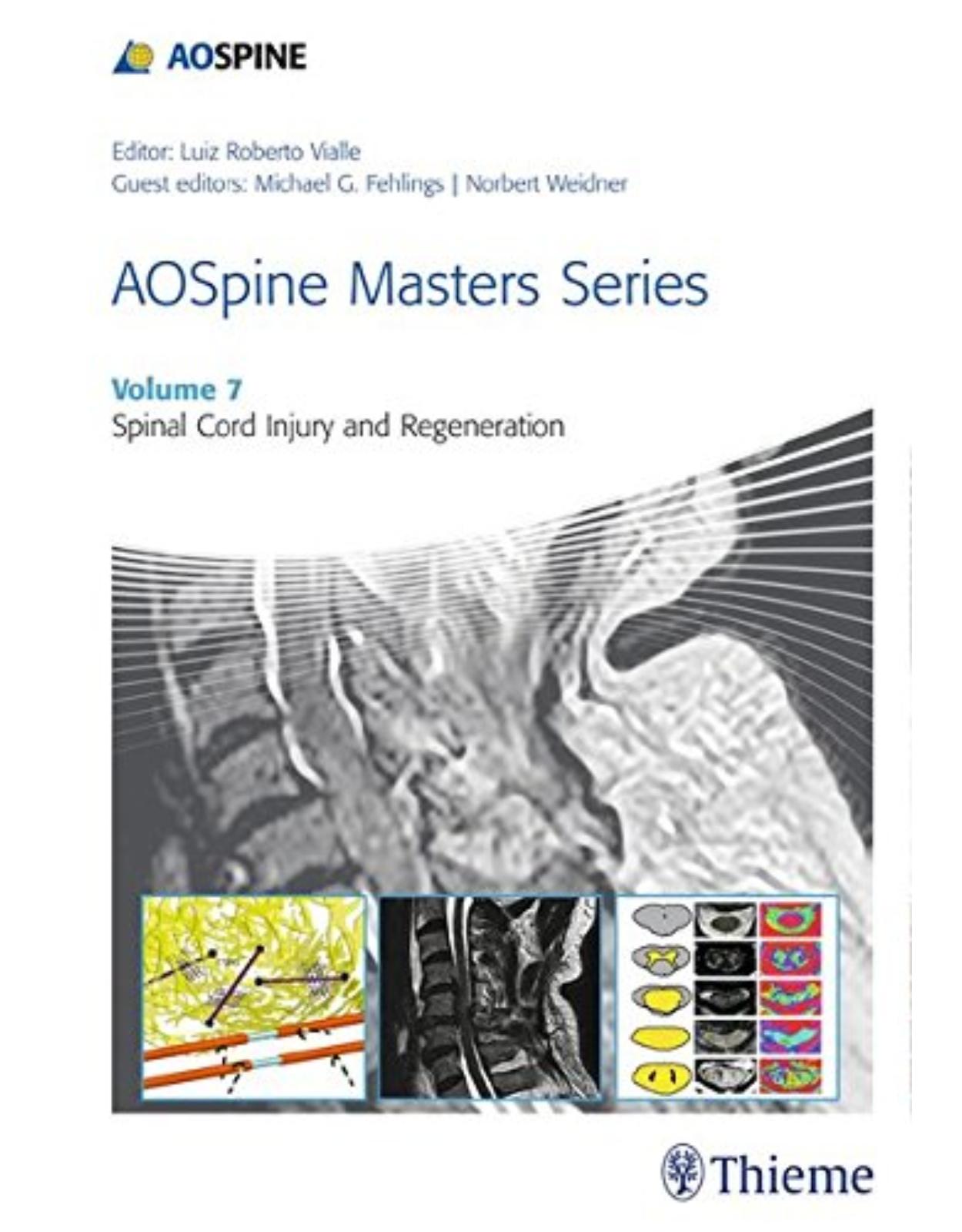
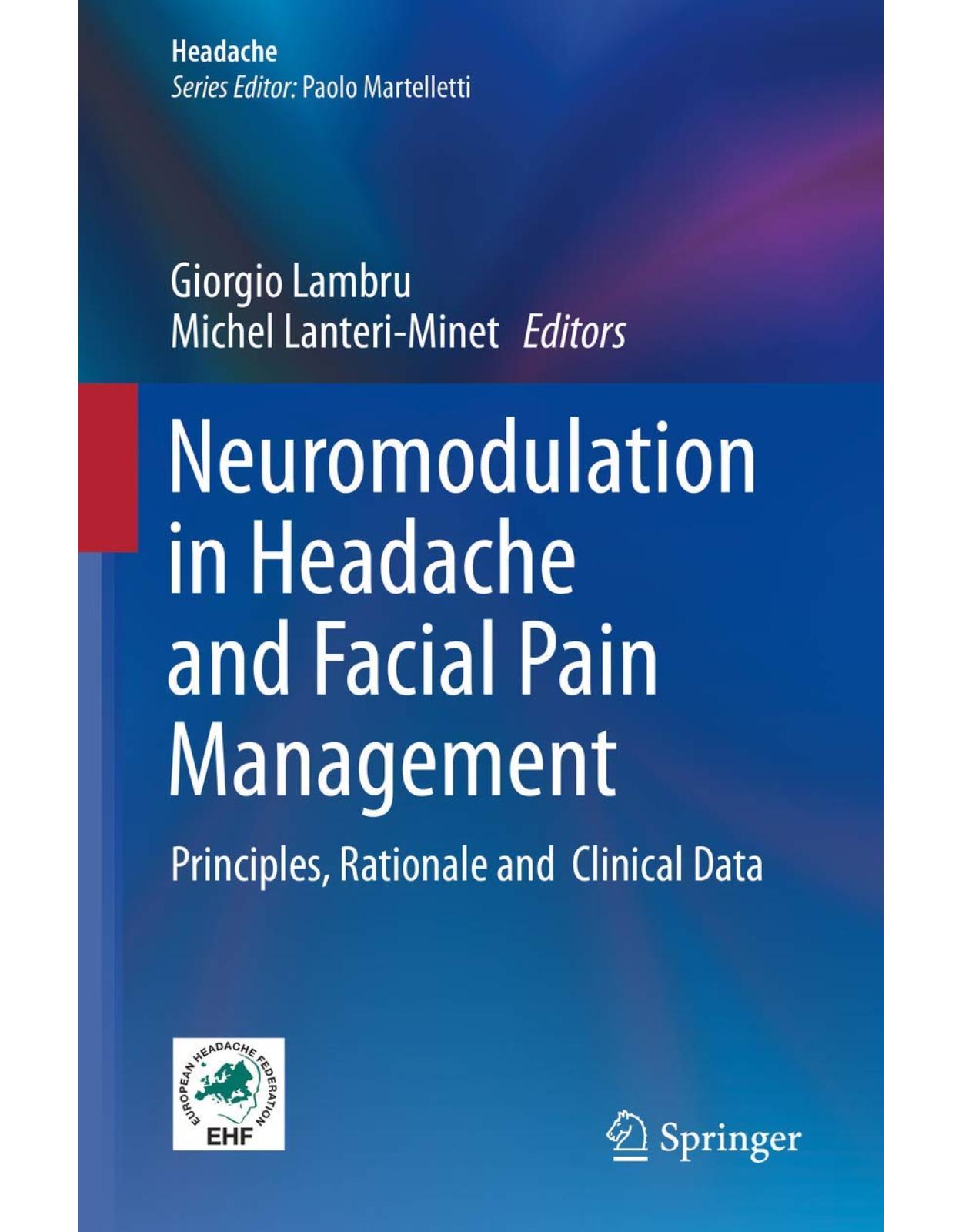
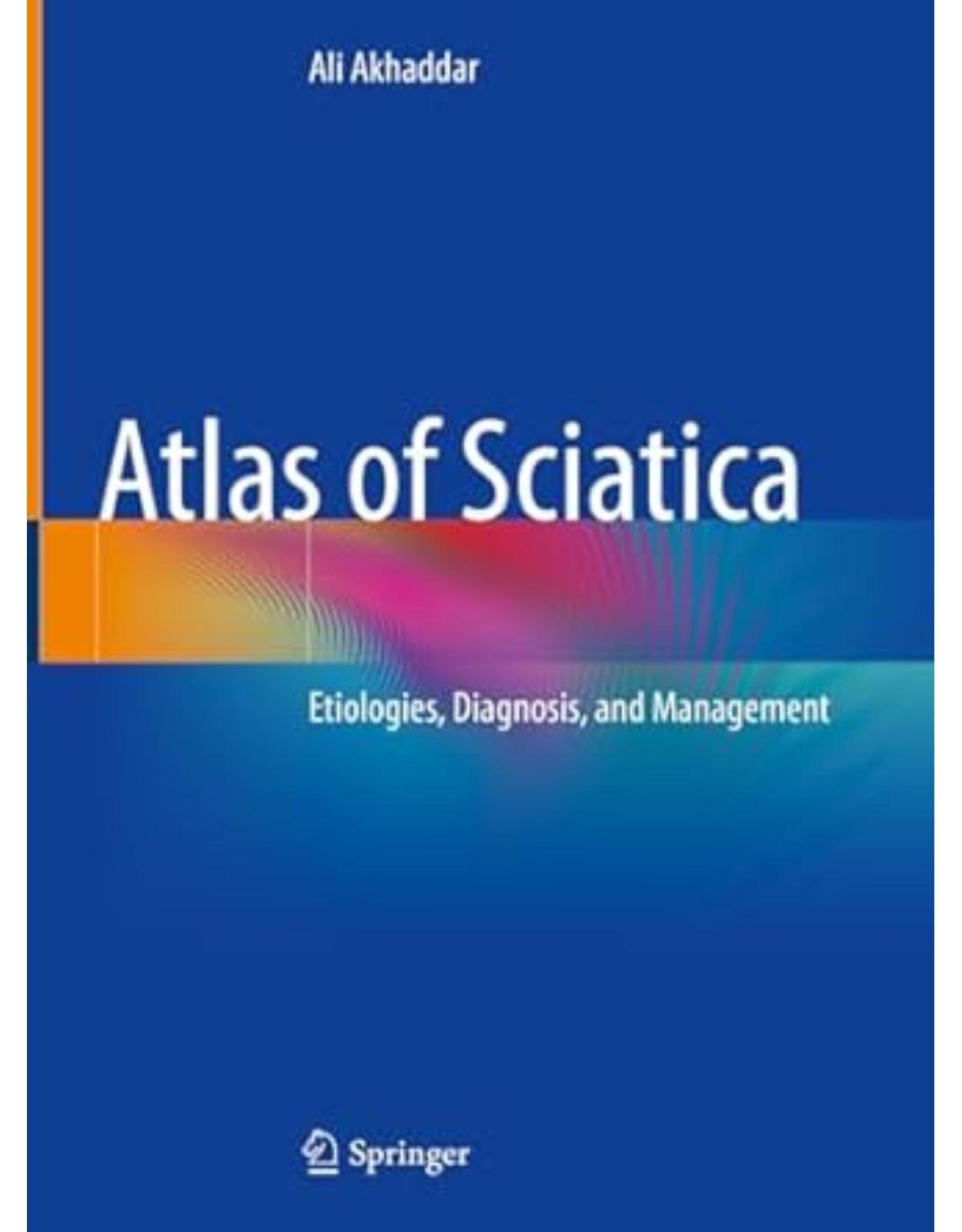
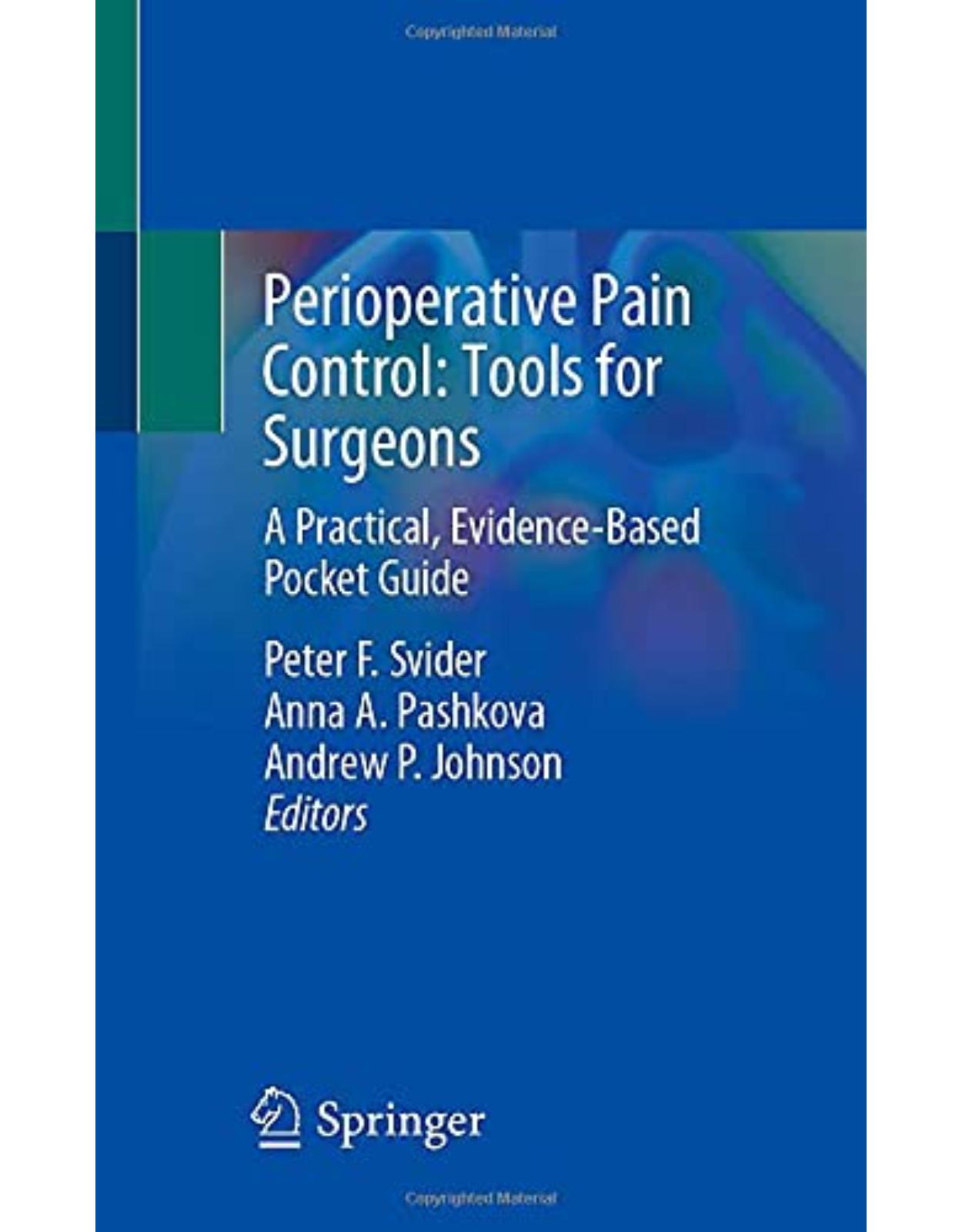
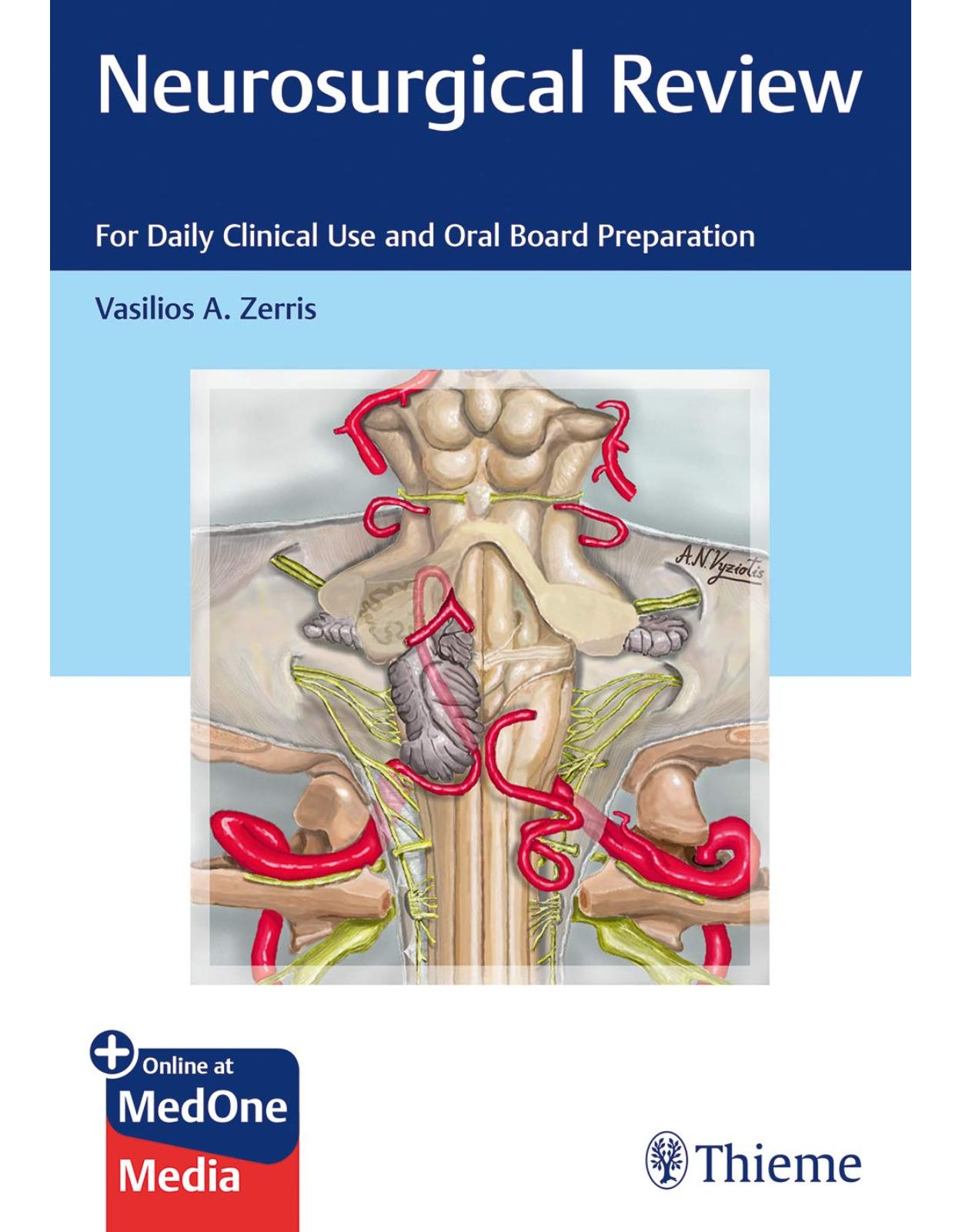
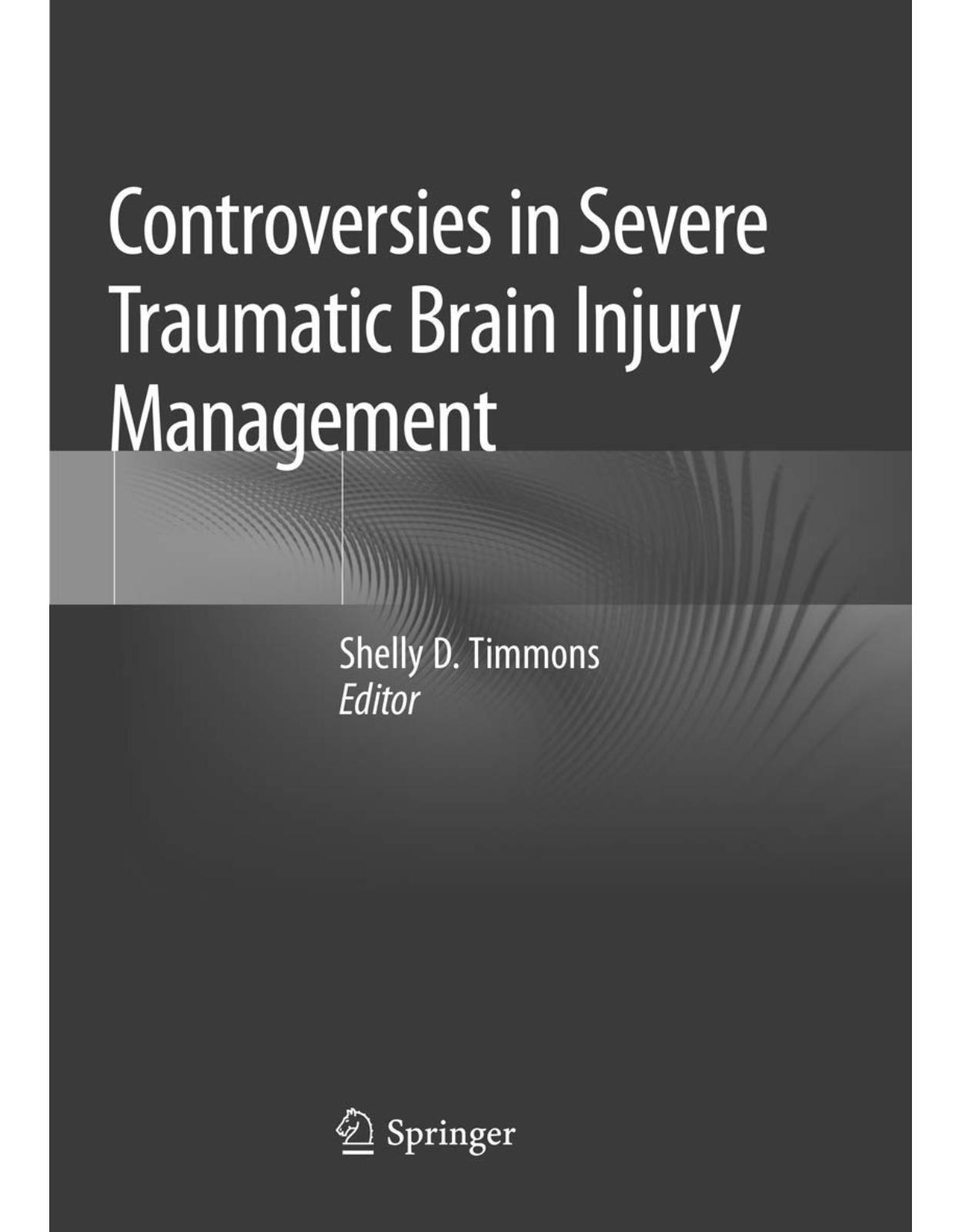
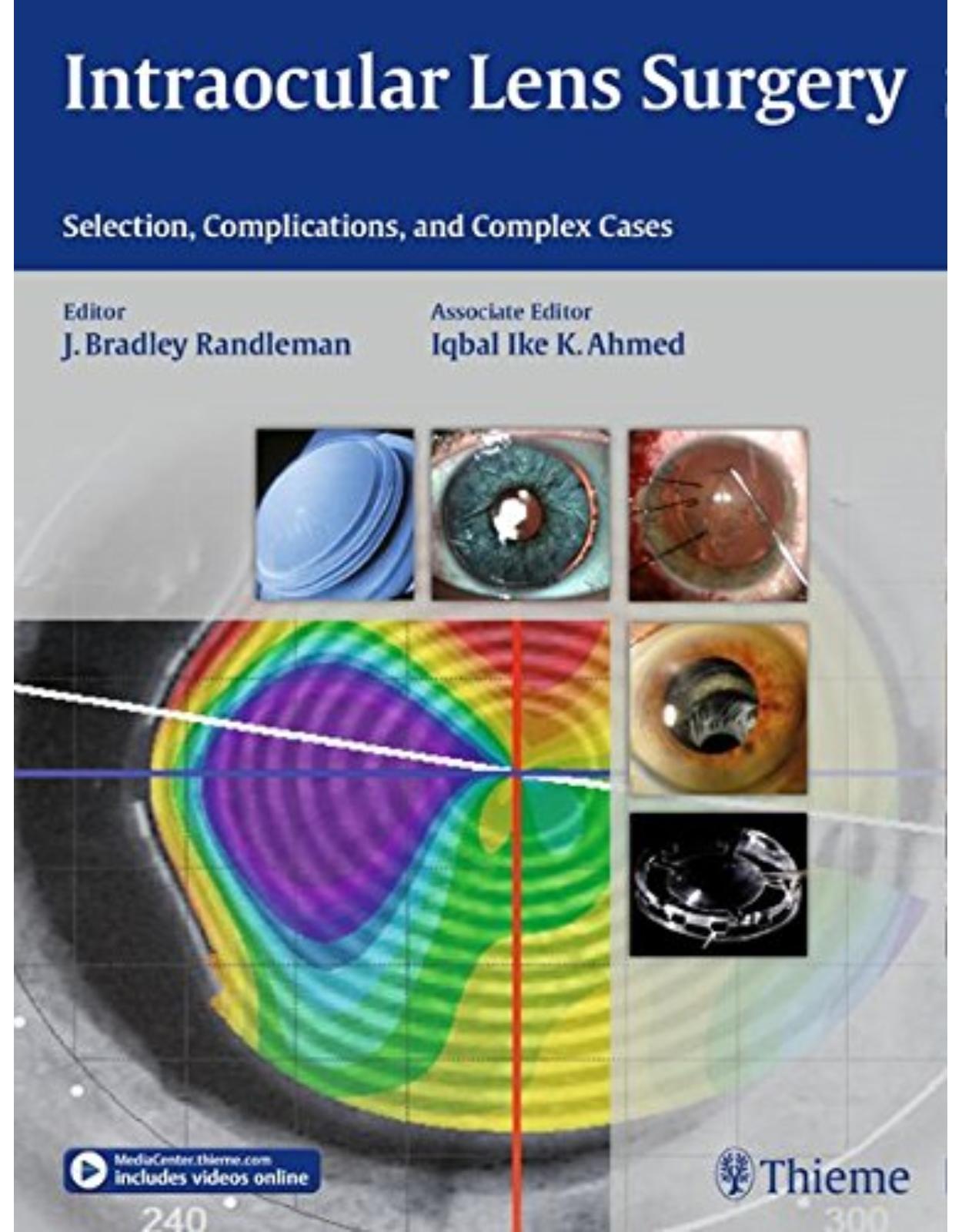

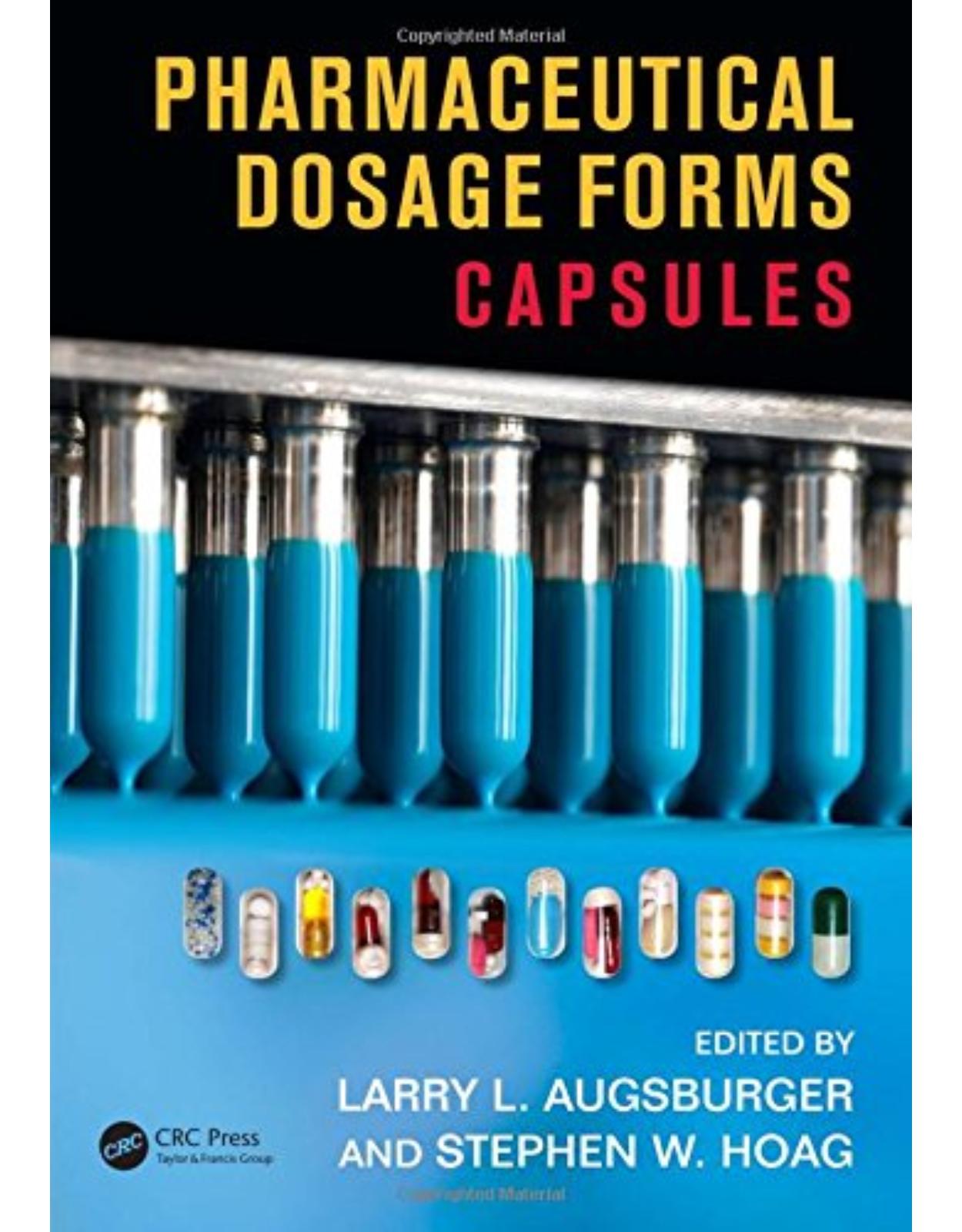
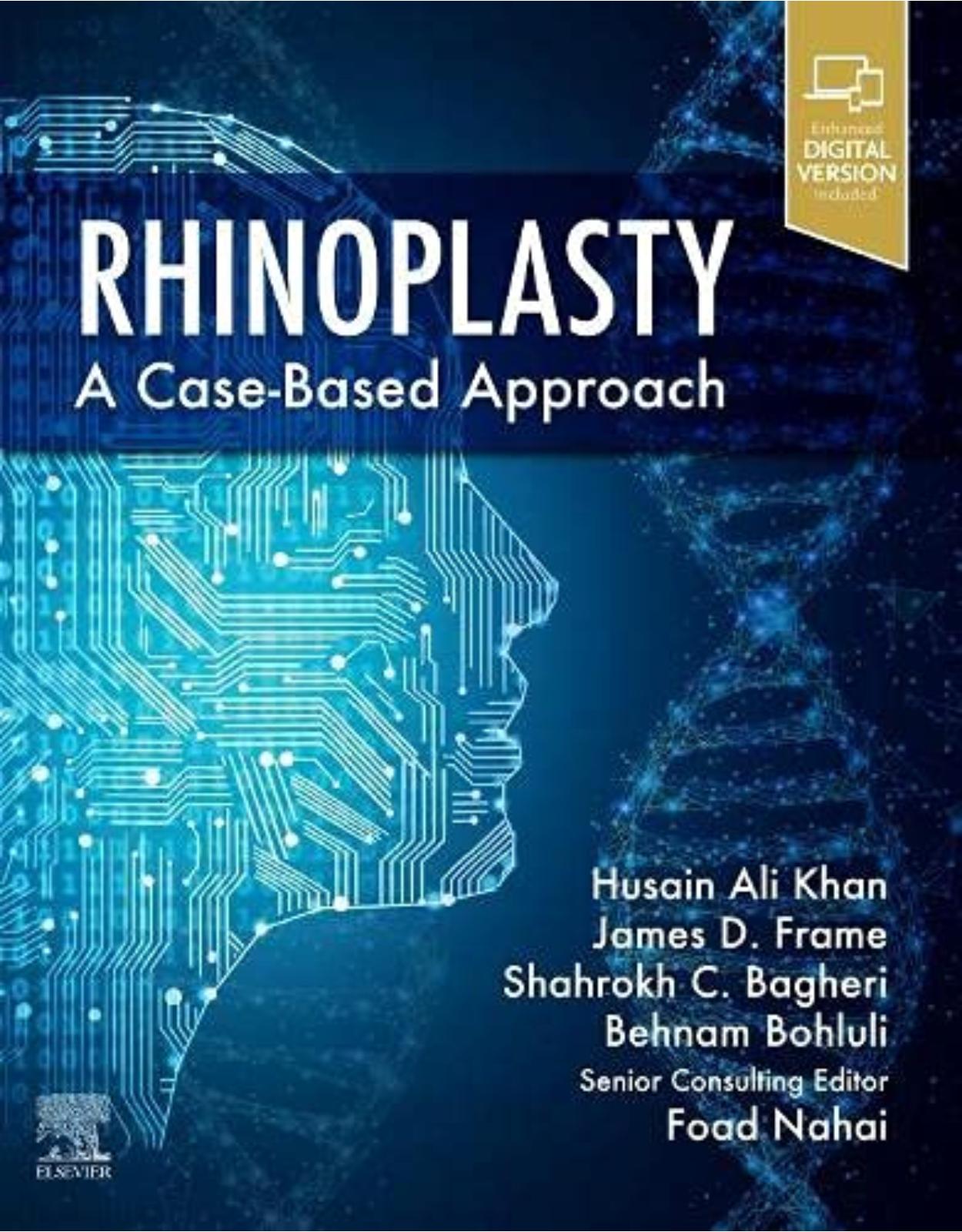
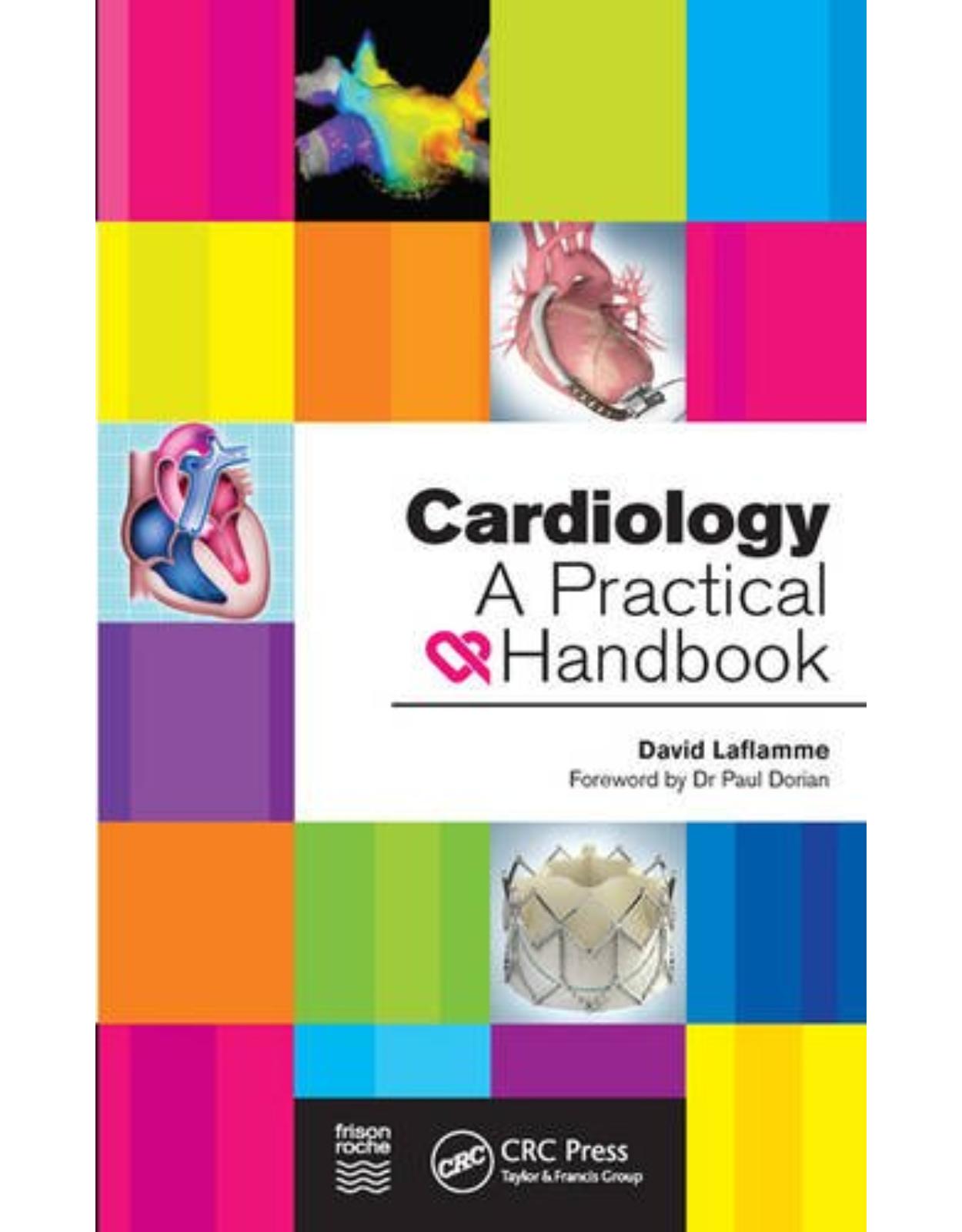

Clientii ebookshop.ro nu au adaugat inca opinii pentru acest produs. Fii primul care adauga o parere, folosind formularul de mai jos.